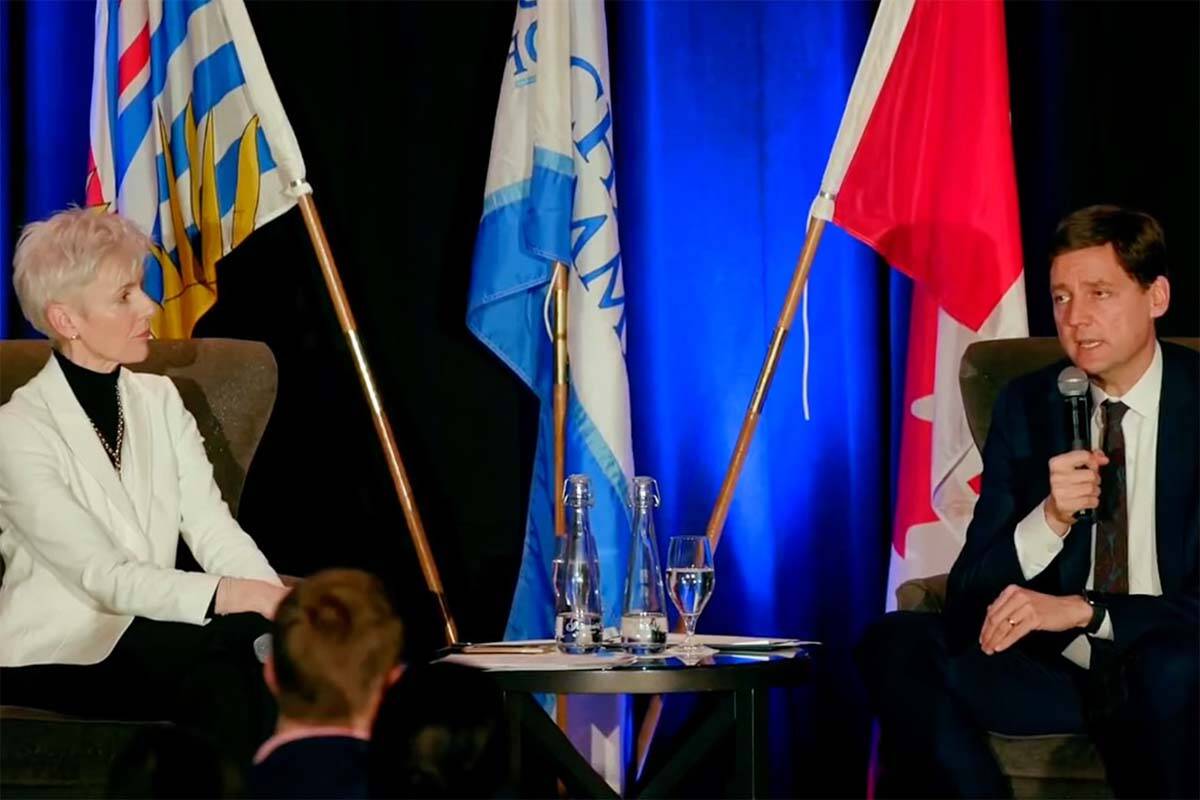The provincial government’s decision to raise the minimum wage and legally tie future increases to inflation is drawing a range of reactions.
Hermender Singh Kailley, secretary-treasurer with the BC Federation of Labour, welcomed both moves, which Labour Minister Harry Bains announced Monday.
“It’s great to see the minimum wage keeping pace with inflation and helping BC’s lowest-paid workers,” he said. “We have the highest minimum wage of any province, but we need to do more to close the gap between the minimum wage and the living wage (the hourly amount needed for two working parents to cover the basic needs of a family of four).”
While B.C.’s minimum wage will go up by 65 cents to $17.40 in June 1, the concept of a living wage depends on geography. Living Wage for Families BC pegs the living wage for Metro Vancouver at $25.69, Greater Victoria at $25.40 and Kelowna at $24.60.
Kailley called on government to “keep moving” forward in warning against a return to the policies of the former BC Liberals.
“Our bottom line — no matter, where you live in B.C., you should be able to earn a wage that lets you live and work in your community.”
If the increase earns the support of the union movement, the head of a leading business group praises some aspects of the legislation, while raising concerns about the increase.
Fiona Famulak, president and chief executive officer of the BC Chamber of Commerce, said the new legislation tying the minimum wage to inflation aligns with her organization’s 2023 policy platform.
“We think that businesses will appreciate now having the certainty and predictability, with which to plan for. “
RELATED: B.C. tying minimum wage increases to inflation permanently through new law
Famulak also praises government’s decision to announce the increase now, because it is giving businesses more time than in the past to prepare.
But even with that support from the chamber,”we cannot over look the fact that the cost of doing business in British Columbia is high and business are struggling,” Famulak said.
The minimum wage sets the “floor” for wages in B.C. and its increase impacts all businesses, whether or not they pay minimum wage, she added.
“This year’s increase of 3.9 per cent will not only impact the businesses that pay minimum wage, it will have a knock-on effect on those who do not,” she said. “In our view, healthy businesses contribute significantly to healthy communities and vice versa and for businesses to be healthy, we urge government to bring balance to their financial decisions and not load up the cost of doing business and place increasing financial burden on businesses of all sizes.”
Famulak said she does not know exactly how businesses will respond to the increase.
“Some pass on some of the costs or all of the costs to their customer base, some try to pare back their operations in order to minimize the cost,” she said. “There is no one approach.
Businesses will need to do what they need to do stay in business, she added.
“This is why we urge government to bring balance to their decision-making process, so if there is an element of the cost of doing businesses that increases, then another element needs to be decreased or minimized.”
With this line, Famulak echoes her analysis of the provincial budget.
While she praised the government’s decision to raise the threshold of the exemption for the Employers Health Tax, she raised concerns about growing costs for businesses.
“We cannot overlook the fact that there is an affordability issue in this province for businesses, not only British Columbians, so we are going to continue to advocate for a business environment, where businesses can grow and thrive, as well as British Columbians thrive.”

